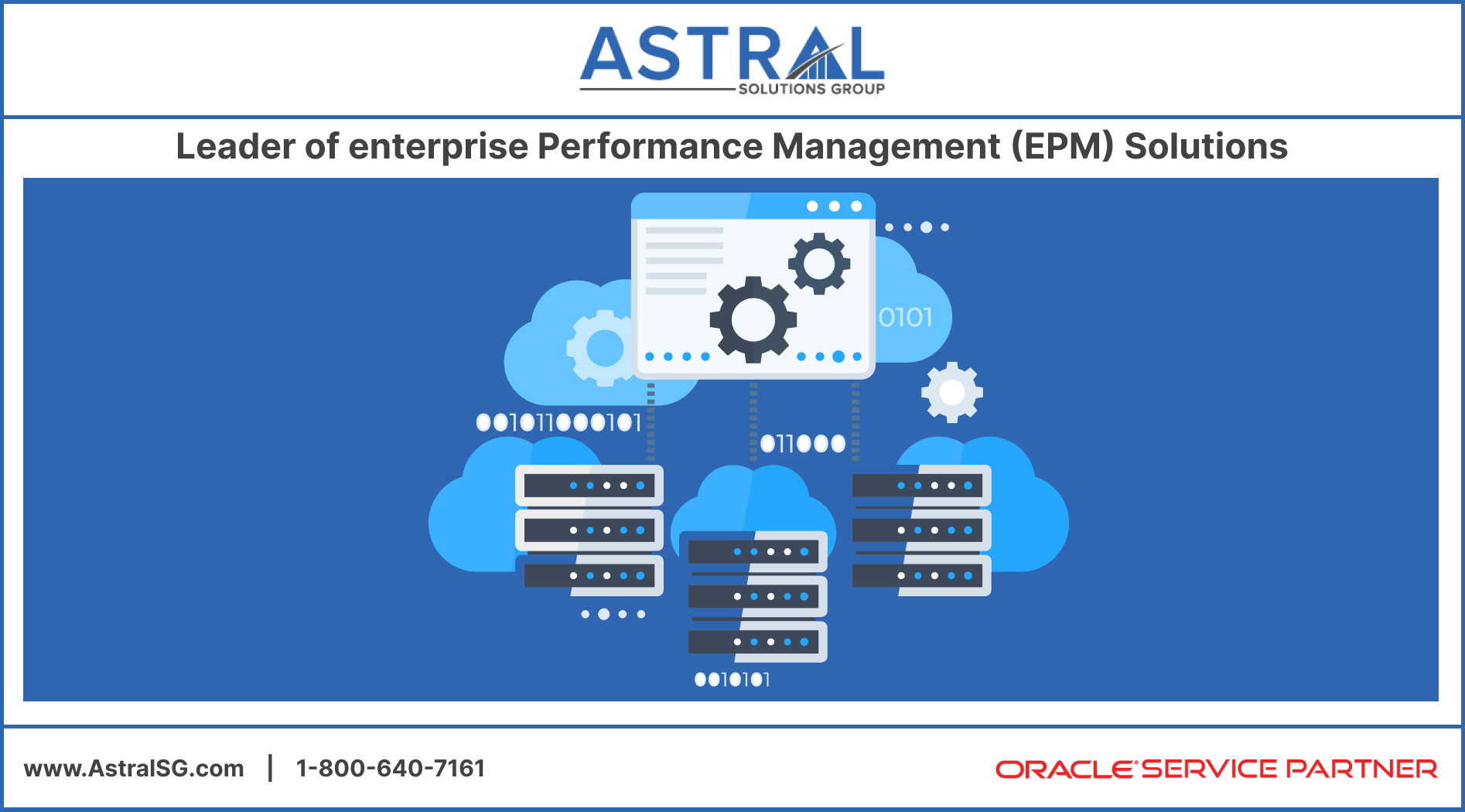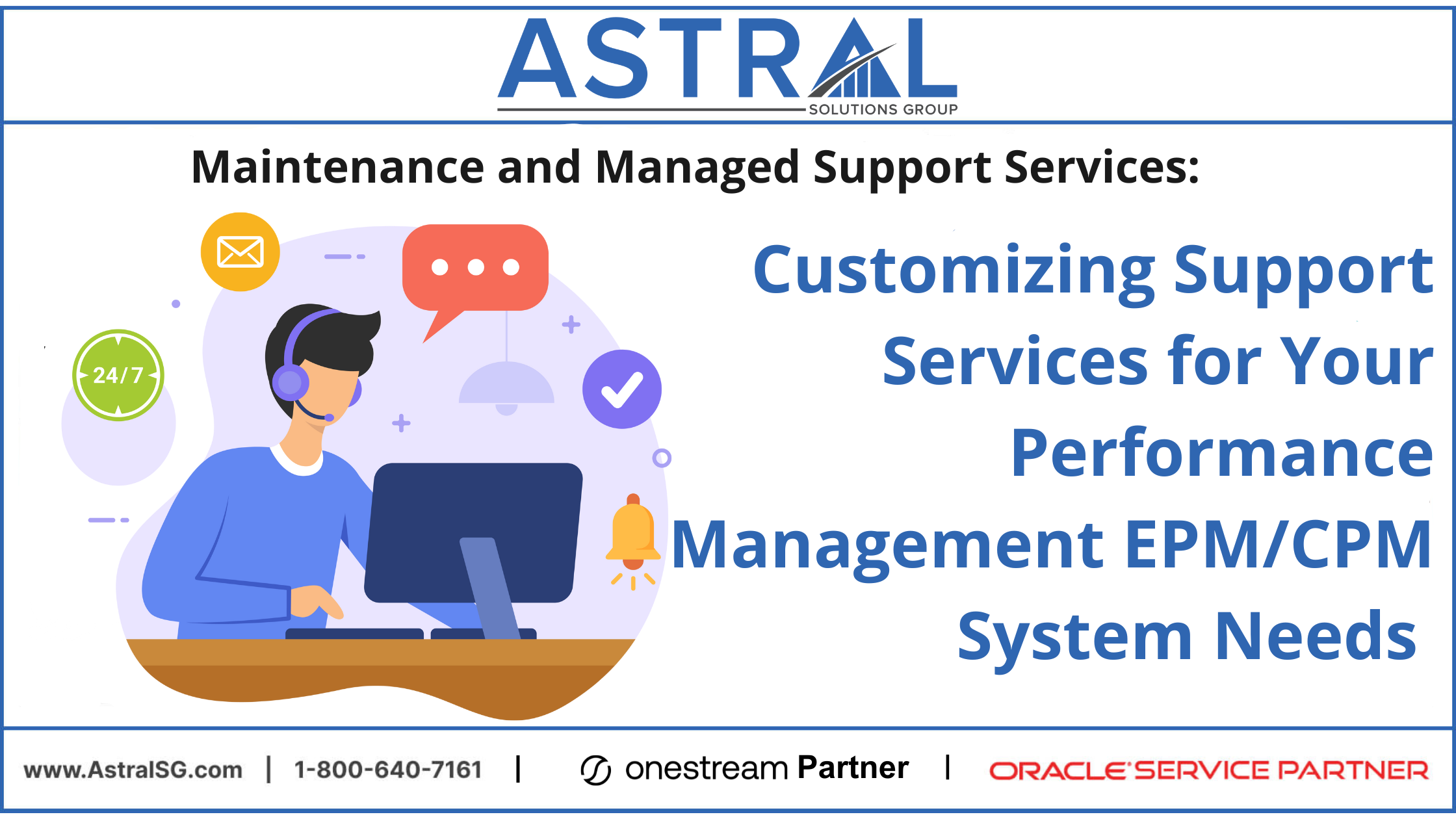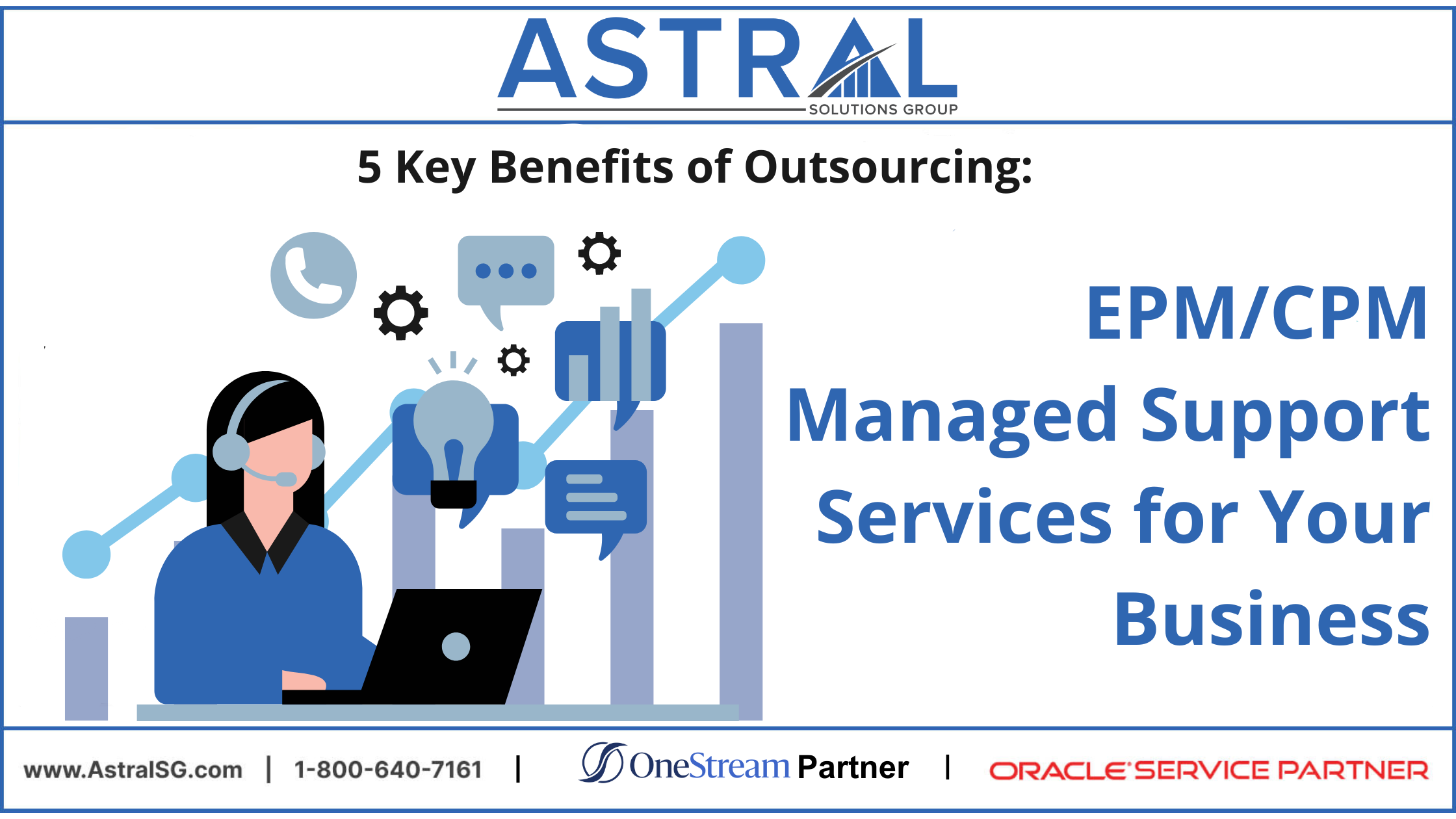The Power of Cloud-Based Planning and Reporting: A Strong Business Case

Introduction:
Organizations need efficient and effective tools to streamline their planning and reporting processes in today’s fast-paced business environment. Traditional on-premises solutions often need to meet these demands, leading businesses to explore alternative options. One such solution gaining increasing popularity is cloud-based planning and reporting. This article will delve into why businesses should switch to cloud-based platforms, highlighting the benefits and advantages they offer.
- Introduction: The Importance of Planning and Reporting
Successful businesses rely on robust planning and reporting processes to make informed decisions, set goals, and monitor progress. These processes involve gathering, analyzing, and presenting data from various sources to drive strategic initiatives and measure performance. However, traditional methods, such as spreadsheets and on-premises software, can be time-consuming, error-prone, and limited in their capabilities. This is where cloud-based planning and reporting solutions come into play. - Understanding Cloud-Based Planning and Reporting
Cloud-based planning and reporting use web-based platforms and applications hosted on remote servers to perform these critical business functions. Unlike on-premises solutions, which require dedicated hardware and software installations, cloud-based systems offer a centralized and accessible environment for organizations to carry out their planning and reporting activities. - Improved Accessibility and Collaboration
One of the primary advantages of cloud-based planning and reporting is enhanced accessibility. With a cloud-based solution, stakeholders can access and contribute to planning and reporting activities from anywhere, anytime, using any device with an internet connection. This increased accessibility facilitates collaboration among team members, enabling real-time updates, document sharing, and seamless communication. - Scalability and Flexibility
Cloud-based platforms provide businesses with the scalability and flexibility to adapt to changing requirements. Organizations can quickly scale their planning and reporting capabilities as they grow without additional infrastructure investments. Likewise, during periods of lower demand, resources can be scaled down, reducing costs and optimizing efficiency. - Enhanced Data Security
Data security is a paramount concern for businesses in the digital age. Cloud-based planning and reporting solutions offer advanced security measures, including robust encryption, access controls, and regular backups. These measures help safeguard sensitive financial and operational data, providing peace of mind to organizations and ensuring compliance with data protection regulations. - Cost-Effectiveness and Efficiency
Cloud-based planning and reporting solutions offer significant cost savings compared to traditional on-premises alternatives. Businesses can reduce their IT costs significantly by eliminating the need for expensive hardware installations, ongoing maintenance, and software upgrades. Moreover, cloud-based platforms streamline processes, automate repetitive tasks, and provide intuitive interfaces, increasing efficiency and productivity. - Seamless Integration
Cloud-based planning and reporting systems are designed to integrate seamlessly with other business applications, such as customer relationship management (CRM) and enterprise resource planning (ERP) software. This integration enables organizations to consolidate data from various sources, eliminating silos and providing a comprehensive business view. Integrated systems promote data accuracy, reduce duplication, and enable faster decision-making. - Real-Time Insights and Analytics
Cloud-based platforms offer real-time data analysis and reporting capabilities, empowering businesses with up-to-date insights. Advanced analytics tools allow organizations to generate dynamic reports, perform complex calculations, and visualize data through interactive dashboards. These capabilities enable faster and more accurate decision-making, helping businesses stay ahead of the competition. - Increased Agility and Adaptability
Agility and adaptability are key to success in today’s rapidly evolving business landscape. Cloud-based planning and reporting solutions provide the skill to respond quickly to market changes, shifts in customer demands, and emerging opportunities. With the ability to access data and insights instantly, organizations can make informed decisions and adjust their strategies on time. - Minimized IT Infrastructure Requirements
Maintaining and managing on-premises IT infrastructure can be a resource-intensive task. Cloud-based planning and reporting alleviate this burden by shifting the responsibility of infrastructure maintenance to the service provider. Organizations can focus on their core business activities while leveraging the expertise and infrastructure of cloud providers. - Regulatory Compliance and Risk Management
Compliance with regulatory standards is critical for businesses operating in various industries. Cloud-based planning and reporting solutions often have built-in compliance features, ensuring adherence to industry-specific regulations. Additionally, the robust security measures offered by cloud providers help mitigate risks associated with data breaches, unauthorized access, and system failures. - Migration and Implementation Considerations
Moving to a cloud-based planning and reporting solution requires careful planning and implementation. Organizations need to assess their existing processes, data infrastructure, and integration requirements before migrating to a new system. Developing a comprehensive migration strategy, including data migration, user training, and change management, is essential to ensure a smooth transition. - Training and Support
Organizations should invest in comprehensive training and ongoing user support to maximize the benefits of cloud-based planning and reporting. Cloud providers often offer training resources, user guides, and dedicated support channels to assist businesses throughout the implementation and post-implementation stages. Proper training and support help users leverage the system’s full potential and drive organizational success. - Case Studies: Real-Life Success Stories
To illustrate the practical advantages of cloud-based planning and reporting, let’s explore a few real-life success stories. These case studies will showcase how businesses from various industries have achieved tangible benefits, such as improved decision-making, cost savings, and increased productivity, by embracing cloud-based solutions.
Conclusion
Cloud-based planning and reporting solutions offer numerous benefits for businesses seeking streamlined and efficient processes. From improved accessibility and collaboration to enhanced data security and cost-effectiveness, cloud-based platforms provide a comprehensive and scalable solution. By making the business case for cloud-based planning and reporting, organizations can unlock their full potential, driving growth, agility, and competitiveness in today’s digital landscape.
FAQs (Frequently Asked Questions)
Q: What is cloud-based planning and reporting?
A: Cloud-based planning and reporting refer to using web-based platforms and applications hosted on remote servers for efficient and collaborative planning and reporting processes.
Q: What are the advantages of cloud-based planning and reporting?
A: Cloud-based solutions offer improved accessibility, scalability, data security, cost-effectiveness, seamless integration, real-time insights, increased agility, and minimized IT infrastructure requirements.
Q: How does cloud-based planning and reporting enhance collaboration?
A: Cloud-based platforms enable real-time updates, document sharing, and seamless communication among team members, regardless of location, fostering collaboration and enhancing productivity.
Q: Is data stored in the cloud secure?
A: Cloud-based planning and reporting solutions prioritize data security through robust encryption, access controls, regular backups, and compliance with data protection regulations, ensuring the confidentiality and integrity of business data.
Q: What factors should businesses consider when migrating to a cloud-based solution?
A: Organizations should assess their existing processes and integration requirements, develop a migration strategy, invest in comprehensive training and support, and consider data migration, user adoption, and change management.
Contact us and we would love to share our experience with Creating the Business Case for Cloud-Based Planning and Reporting. Please email at info@astralsg.com to learn more about our experience with Building the Business Case for Cloud-Based Planning and Reporting.
Astral Solutions Group is a Trusted and Leading OneStream implementation Partner and Oracle Hyperion EPM On-Premises on Oracle EPM cloud consulting company and Oracle Service Partner. Astral Solutions Group is based in Mississauga, Ontario Canada and we provide Consulting Services across Toronto, Brampton, GTA, Ontario, Canada, United States and in North America.




